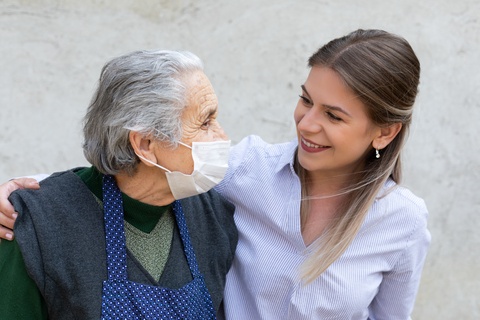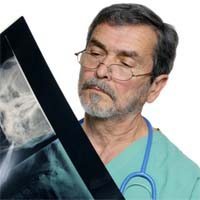Managing Mesothelioma: Vital Tips for Older Adults and Their Caregivers

Mesothelioma is a rare and aggressive cancer caused by exposure to asbestos. It most often affects the lining of the lungs (pleural mesothelioma), but it can also impact the lining of the abdomen, heart, or testicles.
Older adults, especially those who worked in industries with high asbestos exposure, are at greater risk. A new article from the Australasian Journal on Ageing provides important information for elderly Americans and their caregivers on understanding and managing mesothelioma.
What is Mesothelioma?
Mesothelioma is a cancer that develops in the thin layer of tissue covering most internal organs. The most common type, pleural mesothelioma, affects the tissues around the lungs. The leading cause is asbestos exposure. When asbestos fibers are inhaled or swallowed, they can get stuck in the mesothelium, causing inflammation and genetic damage over time, leading to cancer.
Symptoms of mesothelioma can take decades to appear after asbestos exposure. Common symptoms include shortness of breath, chest or abdominal pain, persistent cough, fatigue, weight loss, and difficulty swallowing. These symptoms can be mistaken for less serious conditions, delaying diagnosis and treatment.
Diagnosis usually involves imaging scans like X-rays or CT scans, followed by a biopsy to confirm the presence of mesothelioma cells. Early detection is crucial for better management, although the disease is often diagnosed at an advanced stage due to its long latency period.
Treatment Options
Treatment for mesothelioma depends on the disease stage and the patient’s overall health. Common treatments include surgery to remove as much of the cancer as possible, chemotherapy to kill or stop the growth of cancer cells, radiation therapy to target and destroy cancer cells, and immunotherapy to boost the body’s immune system to fight cancer.
These treatments can be used alone or in combination to manage symptoms and improve quality of life.
The Role of Caregivers
Caregivers play a vital role in supporting mesothelioma patients. Their responsibilities may include providing emotional support, helping with medication schedules and medical appointments, assisting with daily activities such as bathing, dressing, and meal preparation, and tracking symptoms while communicating with healthcare providers.
A new study published in the Australasian Journal on Ageing highlights the urgent care needs for older adults. Given the complexity of mesothelioma, specialized care is essential.
For example, the CARE service model in Southern Adelaide offers geriatrician-led treatment pathways, reducing the need for emergency department visits. Similar models could benefit mesothelioma patients by providing tailored, comprehensive care at home or in specialized centers, focusing on comfort and quality of life.
Managing Asbestos Exposure
Prevention is the best way to avoid mesothelioma. For those at risk, it’s important to identify potential asbestos sources at home or work and manage them safely.
Regular health check-ups are crucial, especially for those with known asbestos exposure. Legal support may also be necessary, as mesothelioma is often linked to occupational exposure.
Moving Forward
Mesothelioma is a challenging diagnosis, especially for older adults. Understanding the disease, recognizing symptoms early, and accessing appropriate treatment can significantly improve quality of life. Caregivers are essential in this journey, providing support and ensuring the patient’s needs are met.
Specialized care models, like the CARE service, show that tailored and compassionate care can make a significant difference in managing complex health conditions like mesothelioma. If you or a loved one is affected by mesothelioma, seek medical advice and support to navigate this difficult journey.
Source:
Greene, Leanne, Maria Crotty, Craig Whitehead, Miia Rahja, Javaria Murad, Kwok Dang, Andrew Partington, and Kate Laver. “Assessing the Reach and Safety of an Innovative Urgent Care Service Tailored to Older Adults.” Australasian Journal on Ageing, January 24, 2024. https://doi.org/10.1111/ajag.13267.





